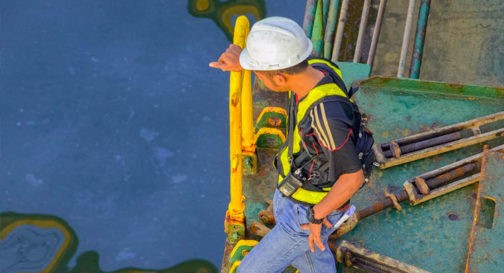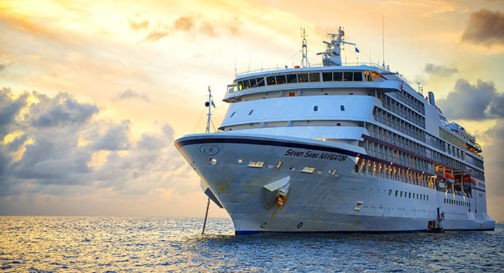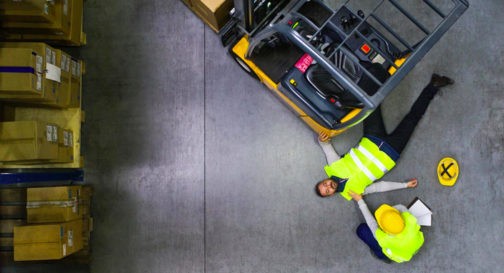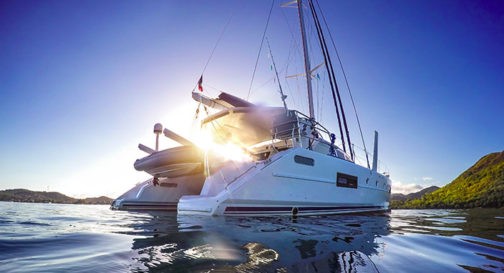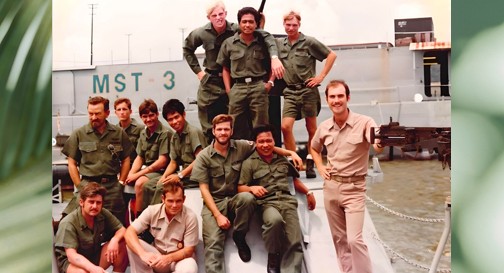How Do California’s Maritime Laws Intersect with Federal Regulations in Injury Claims?
November 20, 2023
What Role Does Federal Law Play in California Maritime Injury Claims?
Maritime law, also known as admiralty law, is a complex area of law. If you have been injured while employed on a seagoing vessel, while working on docks or other areas adjacent to navigable waters, or as a passenger on a watercraft such as a cruise ship, your case will fall under the umbrella of maritime law.
Confusingly, state and federal courts hold concurrent jurisdiction for most maritime injury claims, which means you can choose which court you wish to have your case tried in. Additionally, if you are a maritime employee hurt on the job, your workers’ compensation claim will generally be filed with a federal agency rather than California’s state workers’ compensation program.
If you’ve been hurt in a maritime accident, you deserve to seek maximum compensation for your losses. However, navigating the maze of intersecting state and federal statutes, laws, and doctrines that apply to California maritime cases can be overwhelming. Consulting with an experienced maritime law attorney is vital to ensure you are using the law’s protections to your full advantage and complying with federal and state regulations and deadlines for your claim.
What Laws May Govern a Maritime Injury Claim?
The legal remedies available to you following a maritime injury will depend on several factors, including:
- The physical location where the injury occurred.
- Whether you were employed as a maritime worker or seaman at the time of the injury.
- How the injury happened, and who was at fault.
- If you were a passenger on a vessel at the time of the accident.
- Whether the vessel involved in the injury is government or privately owned.
The interplay of federal regulations, state laws, and common law doctrines in maritime injury claims is often elaborate. International waters, government vessels, negligent third parties, unseaworthy ships, and other elements can increase the complexity further. Building the most advantageous claim requires a deep knowledge of many areas of the law.
Based on the circumstances of your claim, your lawyer can advise you on which state and federal acts and regulations apply to your case. The following are two of the most commonly cited federal acts related to maritime injuries.
Jones Act
The Jones Act was enacted by Congress in 1920. It provides remedies for seamen injured while employed as a crewmember of a vessel because typical state workers’ compensation programs do not cover them. If your employer’s negligence contributed in any way to your maritime accident, you may be able to seek compensation for damages. However, strict statutes of limitations apply to these cases, so it is recommended to speak to a knowledgeable Jones Act attorney to learn more about your rights and options.
Longshore and Harbor Workers’ Compensation Act (LHWCA)
The Longshore and Harbor Workers’ Compensation Act (LHWCA) is a federal workers’ compensation program that covers maritime employees who are not a master or part of a ship’s crew, such as stevedores, longshoremen, and dockworkers.
If your injury, illness, or an exacerbation of a pre-existing injury resulted from your maritime employment, you may be able to file an LHWCA claim with the Department of Labor. You do not need to prove that your employer was negligent, only that the injury occurred due to your work.
Do You Have the Option to Have Your Case Heard in State Court?
Because state and federal courts are given concurrent jurisdiction over maritime cases by the US Code, the injured individual may bring a civil action in either forum. Even if the plaintiff files their lawsuit in state court, the court is supposed to follow federal maritime law when making its ruling.
However, judgments between the two court systems are not always uniform. It’s crucial to consult with a California maritime lawyer to understand the possible implications of your decision before choosing a jurisdiction for your claim.
What Damages Can Be Recovered in a Maritime Injury Claim?
Each maritime case is unique, and the losses you have incurred from your injuries are highly personal. If you are pursuing a negligence or strict liability tort, your lawyer may seek payment for economic damages, such as lost wages and medical expenses, and non-economic damages, like pain and suffering.
Additionally, you may also be eligible to recover other compensation allowed for under specific federal maritime laws, such as:
- Maintenance and cure: If a seaman becomes injured or sick while on the crew of a ship, the ship’s owner must pay for their food, lodging, and other reasonable daily expenses (maintenance), as well as costs for medical treatment (cure). Maintenance and cure obligations end when the seaman recovers or reaches a point where it is determined that more medical treatment will not be helpful, also known as maximum medical improvement (MMI).
- Unearned wages: If you are a seaman who signed a contract with a ship owner and then became ill or injured during the voyage, you are still entitled to the wages you would have earned until the voyage’s completion.
- Disability payments: The LHWCA provides for permanent and temporary disability payments for many types of catastrophic injuries, including the loss of limbs, sight, or hearing.
- Death benefits: If your loved one died due to a maritime accident, you may be able to recover compensation for funeral expenses, medical costs, loss of support, and other damages. Depending on the situation, surviving spouses and children of maritime workers may also be entitled to a percentage of the wages the decedent would have earned during their lifetime.
How Can a Skilled Maritime Injury Lawyer Assist You?
It can be challenging to know where to begin with a California maritime injury claim. It’s critical to seek out a lawyer with in-depth knowledge of the intricacies of admiralty law and extensive experience handling these types of injury cases. The Law Offices of Preston Easley can provide the strong, skilled legal representation you deserve so you can reach the best possible outcome for your claim. Contact our law firm today at 310-361-9484 to schedule a free consultation to discuss your case.





